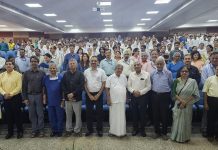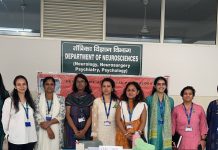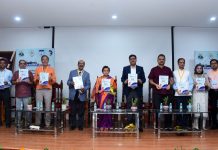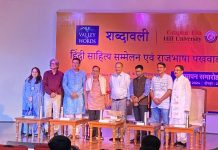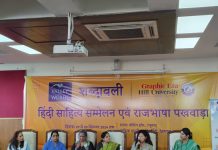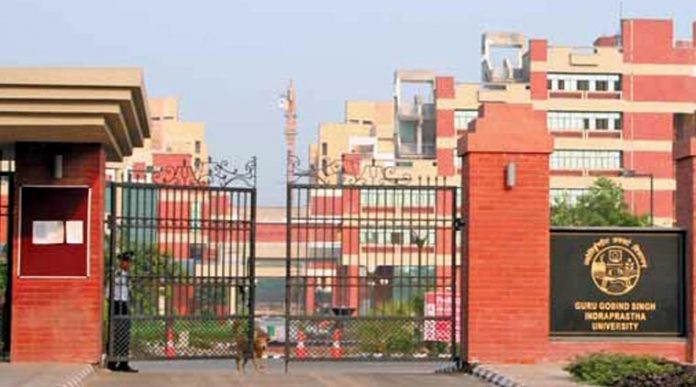The Delhi High court has issued notice to Delhi government, Guru Govind Singh Indra Prashta University (GGSIPU) and University Grant Commission (UGC) on a public interest Litigations challenging the powers of GGIPU to grant affiliations to colleges outside Delhi. All the parties have to file their replies by the next hearing date which is 1st October, 2018.
Public Interest Litigation Writ Petition (C) 5588 of 2018 was listed before the Division Bench of the Hon’ble High Court of Delhi, presided over by the Hon’ble Acting Chief Justice and the Court after hearing the counsels appearing for the parties was of the view that the matters requires deeper consideration and has been pleased to issue Notice to the GNCTD, GGSIPU and UGC for 1st October, 2018, directing them to file their replies in the meantime.
The PIL filed by NISHTAA NGO associated with social causes seeks declaration of Section 4(1) of the Indraprastha Vishwavidyalaya Act, 1998 as void to the extent that the same permits Guru Gobind Singh Indraprastha University to exercise its powers beyond the territorial jurisdiction of National Capital Territory of Delhi (NCTD). The PIL states that the same is is in violation of the constitutional mandate of Article 239-AA(3) and repugnant to Article 245(1) of the Constitution of India and/ or challenging the vires of Section 4 (1) of Act of 1998, to the extent that permits I.P. University to exercise its powers beyond the territorial jurisdiction of NCTD.
GGSIP University has been granting affiliations to private institutes/colleges that are outside the territorial jurisdiction of NCT of Delhi on the strength of Section 4(1) of Act of 1998. Affiliations have been granted to various institutes, like SGIT School of Management, Amity Law School, JIMS Engineering Management Technical Campus etc., which are situated outside the territorial limits of National Capital Territory of Delhi.
The PIL points that
- Legislative Assembly of Delhi, while enacting S.4(1) of the Act of 1998 enlarged the scope of the Act and ventured into the territorial jurisdiction of other states, namely, Rajasthan, Uttar Pradesh and Haryana and hence travelled far beyond its legislative competence, which it derives from Article 239-AA(3)(a) of the Constitution of India.
- Article 239-AA(3)(a) is unambiguous in the scope and powers it confers upon the Legislative Assembly of Delhi, that is, to make laws for the whole or any part of the National Capital Territory of Delhi.
- Therefore, by virtue of Article 239-AA(3)(a), the Legislative Assembly of Delhi has the power and mandate to make laws for the territory of Delhi only and Article 239-AA(3)(c) of the Constitution of India provides that if the law made by the Legislative Assembly of NCTD is repugnant to any provision of a law made by Parliament or of an earlier law, then the law made by the Legislative Assembly to the extent of repugnancy be void.
- To support their claim the PIL refers to Supreme Court in Prof. Yash Pal & Anr. v. State of Chhattisgarh & Ors., 2005 (5) SCC 420, held the provision, which enabled a University to have off-campus Centres outside the territorial jurisdiction of the said State, to be ultra vires as it was violative of Article 245(1) of the Constitution.
Education has always been a profitable business in the country. For the last decade numerous private universities have flourished in the country and lakhs of students have enrolled in them with the hope of a better future. Thus, the onus lies on the government to keep a strict vigil on Colleges and Universities to follow set rules and regulation.




































